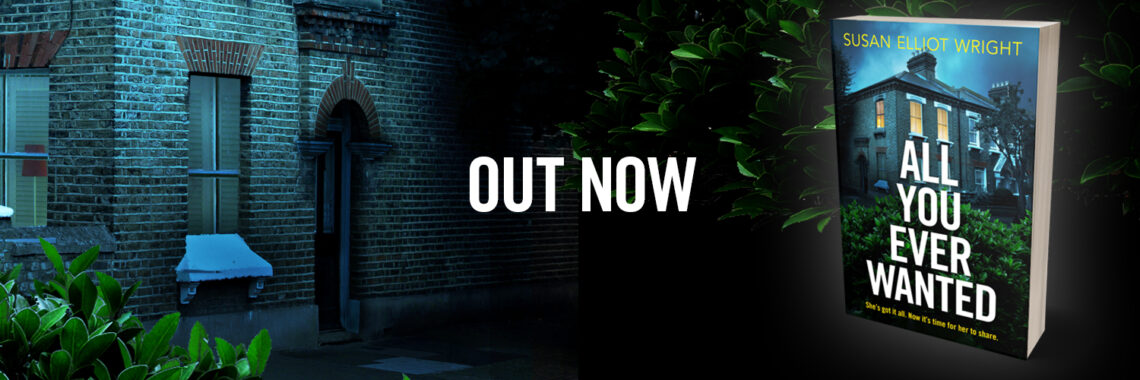I thought I’d give NaNoWriMo ( National Novel Writing Month. ) If you’ve not heard of this, it’s where you write 50,000 words during November – 1667 a day, which is quite a challenge. You can sign up to the website, track your progress, get little prompts and pep talks, and join the NaNo community for moral support. It’s a great thing to do, and I highly recommend it. But sometimes life gets in the way, big time. I started enthusiastically on 1st November, aiming to generate 50,000 words of material towards my new novel. I hoped that by simply pushing on to get the words down, I’d start to understand more about my characters and their story, and hopefully, some scenes would suggest themselves – material I could work on later.

Early days of NaNo, and it was going well…
But then my daughter got a date for the operation she’s been waiting for. She’ll be out of action for a few weeks, So I’m on extended granny duties, plus extra cooking and driving. Oh well, I thought, it’ll be tough, but possibly still doable. Then some other family stuff happened, and suffice it to say I found myself feeling too physically and emotionally drained to be able to produce that challenging number of words every day for a month.
I’d kept up for the first eight days but as I sat at my desk on the ninth, I could feel the pressure mounting, and as I thought about everything I had to do that day, I started to feel sick with dread. Then, scrolling through my Twitter feed, I stumbled on a tweet from author Clare King @ckingwriter about writing challenges. Claire suggested that if NaNoWriMo proved too much, a gentler option might be #100daysofwriting The hashtag was started by Jenn Ashworth who’d become mired in a horrible period of writers block following a bereavement. The commitment to #100daysofwriting was her way of gently easing herself back into her novel, and ‘falling in love’ with it again. I worked out that if I made that day ‘day one’, then ‘day 100’ would be three days before The Flight of Cornelia Blackwood is published. I took that as a sign!
By the way, Cornelia Blackwood is now coming out in hardback in February – paperback will be out towards the end of the year. Check out this gorgeous hardback jacket!

Out on 21 February 2019 in hardback
The only commitment you make to #100daysofwriting Is to ‘turn up’ to the novel every day. Whether you write a thousand words or 50 words, whether you edit a chapter or tinker with a paragraph, or whether it’s just doing some planning or making a note. What counts is that it’s contributing to the novel. I’m now on day 27 and I’ve turned up every day, writing at home, in the library, in coffee shops, even on the train. It’s mostly rubbish, but maybe it’ll slowly lead me to the Good Stuff. I’m doing what I’d hoped to do through NaNoWriMo – I’m generating material. And if all I do one day is tinker, I’m not beating myself up over it.

I love writing in coffee shops with friends
One revelation has been that I have started writing by hand again. Initially, this was because I had to make a train journey and couldn’t carry my laptop, but I’ve discovered that I can write faster by hand, because it actually looks like crap (my handwriting is appalling and there are loads of crossings out) so I don’t agonise over It and get tempted to edit along the way. I just allow myself to write crap because it looks like crap, whereas I sort of expect nice, neatly typed stuff to be better.

Writing by hand on a train – a notebook is so much lighter than a laptop!
So, I’m definitely recommending #100daysofwriting as a way of generating material, and/or keeping your characters, setting, and story in your head from day-to-day. It means you don’t have that long break and have to spend the first half of the next writing session reminding yourself where you are. Give it a go!
if you’d like to follow this blog, scroll up the page and click on the ‘subscribe’ often on the right. To find out more about me, or if you’re interested in attending a workshop, please have a look around my website . You can sign up to the mailing list to receive workshop dates and occasional book news, just go to the Sign-up page You can also follow me on Facebook and Twitter
